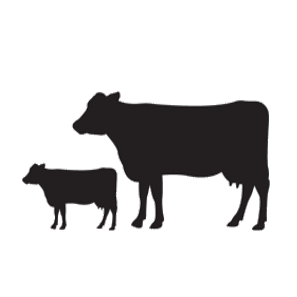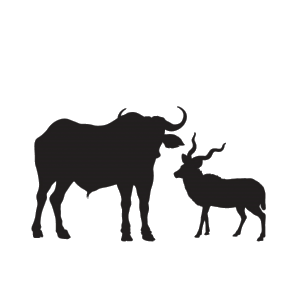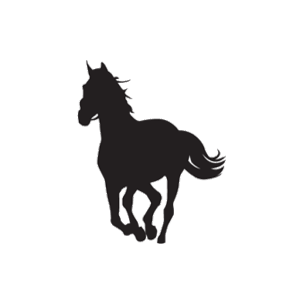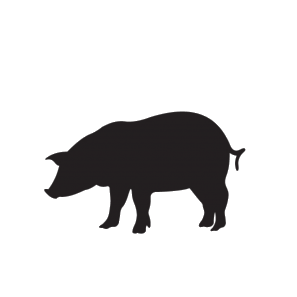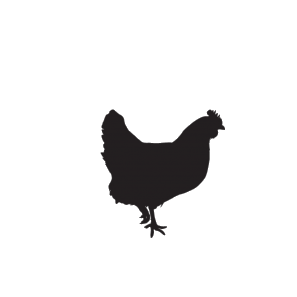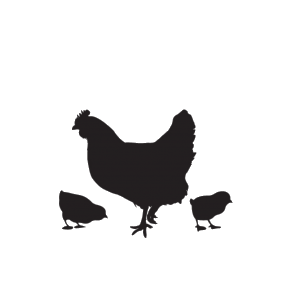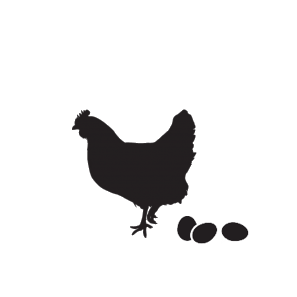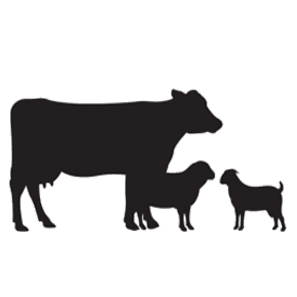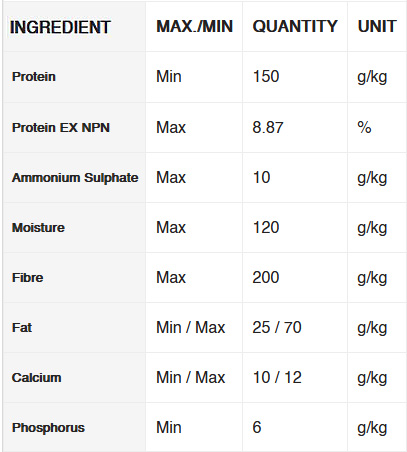On 7 January 2019 an outbreak of Foot-and-mouth disease (FMD) in the Vhembe district of Limpopo caused a temporary suspension in the country’s FMD-free status, according to the Department of Agriculture, Forestry and Fisheries. With all the hype surrounding this outbreak, we decided to take a closer look at the FMD disease.
Causes:
This highly contagious disease is caused by a virus of which there are seven strains, each of which produces the same symptoms.
Animals may contract the disease either by coming into contact with an animal that has already contracted the virus, by coming into contact with contaminated foodstuffs, or exposure to other environmental factors, such as compromised manure.
The disease may also be spread through other methods, such as the distribution of meat, people or vehicles that have come into contact with the virus.
Infected animals generally show signs of the disease between three to six days after exposure to the virus, but this may vary as much as twenty-four hours to ten days.
Symptoms:
[/vc_column_text][vc_column_text]The most common symptoms include blisters in the mouth and on the feet of infected animals, lameness, fever, loss of appetite and frothing at the mouth. In cows these symptoms can also include blisters on the teats and a decrease in milk production.
Treatment:
Since the disease has a viral origin, there is no treatment for a foot-and-mouth outbreak. Animals that are infected may eventually recover, but due to the financial impact on farmers, these animals are most often culled in order to limit the spread of the disease.
What you can do:
Once an outbreak of FMD has been detected in an area, the following measures will be taken:
The area will be placed under quarantine, restrictions will be placed on the movement of cattle and animal products, infected animals as well as animals that have come into contact with them will be culled; and all vehicles and equipment will be disinfected.
Carcasses of infected animals should be rendered or incinerated and rodents or vermin should be killed and disposed of, to ensure that they do not spread the disease further.
Although there is no universal vaccine to protect against all seven strains of the virus, animals can still be vaccinated to prevent the spread of the disease.




